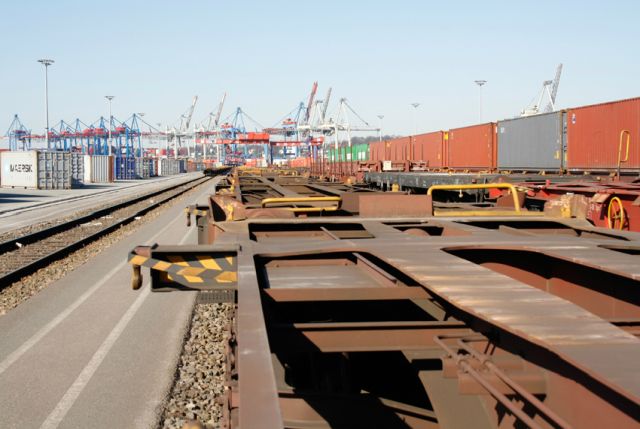Brussels, 10 October 2022
On the 10th of October, DG MOVE Deputy Director-General Ms. Maja Bakran was invited by the Transport and Tourism (TRAN) Committee of the Euopean Parliament to discuss the situation on the solidarity lanes in Ukraine.
Ms. Bakran in particular pointed to the Danube Corridors and the Port of Constanta, Romania, which accounts for more than 50% of Ukrainian grain exports via the solidarity lanes. In addition, the Northern Polish route allows for both the transport of agricultural goods as well as humanitarian aid. The Commission is also developing other corridors to the Baltic -. Adriatic and North Seas, even though the related logistical costs are higher for these corridors.
According to Ms. Bakran, the solidarity lanes initiative is bearing fruit, as since May 2022, over 12.5 million tonnes of Ukrainian agricultural products had been exported via the solidarity lanes.
The EU-Ukraine Solidarity Lanes and the Black Sea Grain Initiative of the UN, which has allowed for the restart of grain exports via Ukrainian Black Sea Ports as of the beginning of August, have together allowed for the exports of of 18.5 million tonnes of Ukrainian grain. At the same time, Ms. Bakran stressed, the Black Sea Grain initiative only includes the exports of agricultural products, meaning that the solidarity lanes are the only option for transporting other goods to/from Ukraine, such as energy products, iron, or steel.
At the same time, some challenges still exist, such as the high waiting times on the borders between Ukraine and the EU, which according to some stakeholders the Commission is in contact with account for around 40% of total logistics costs. In this regard, Ms. Bakran added that the Commission is mobilising the EU budget such as the Connecting Europe Facility (CEF), regional and cohesion funds to address these bottlenecks.













